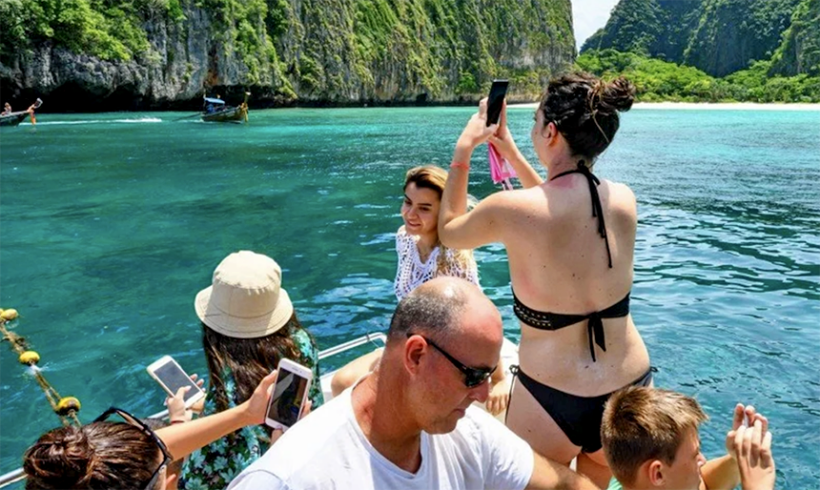Tourism associations meet with Thai PM urging more assistance

A consortium of 12 tourism associations from around Thailand are calling on the government to simplify the current tourism stimulus schemes saying the situation was urgent. They told the Thai PM on Monday that they remained “sceptical” of the complicated web of programs that will do the intended job of stimulating travel – domestic and international.
One of the representatives, Chaiyapruk Thongkam, from the Association of Domestic Travel, said the key problem was that most of the current proposals “require approvals from other government agencies”, many times needing several agencies to cooperate to make the policies work.
As an example, he mentioned the proposal for visa fee exemptions and extensions for tourist visas and visas-on-arrival from 30 to 45 days.
He said that, as the visa fees were the Foreign Ministry’s main source of funds, they would be unlikely to support the proposal.
He was also unsure if travel agents and tour group organisers, who would often organise all the visas, would pass on the savings anyway, even if the fees were waived.
Despite many suggestions and proposals being made by travel associations, the Tourism Authority of Thailand, and even the Ministry of Tourism and Sport, there had to be much better coordination and leadership from the government to ensure that the proposals could be enacted.
He noted that the proposal for a tourist tax, which eventually became a foreigner arrival tax, had not been carefully thought out and had already been delayed six months because of unforeseen problems with the collection of the 300 baht fee and push-back from international airlines who believed it was not their responsibility to be the tax collectors.
Meanwhile, Marisa Sukosol Nunbhakdi, from the Thai Hotels Association (THA), said there were no commitments made by the PM as each issue was referred to the responsible agencies for “feasibility studies”.
The prime minister, in response to many of the ideas, said the government had a limited budget and that they had already spent billions of baht on a range of stimulus programs that had been successful in promoting domestic tourism.
Marisa also noted that there was an ongoing labour shortage across the hospitality sector as many of the past staff had either been laid off during the pandemic or left the industry altogether.
“The THA wants an easing of employment rules to allow migrant workers to fill vacancies.”
The THA called for a lowering of the minimum rate to hire foreign professionals from 35,000 baht per month to 20,000 baht per month, which would give the industry more options.
Despite the number of travellers and tourists heading back to Thailand, Tourism and Sports Minister Phiphat Ratchakitprakarn admitted that overall revenue “might be lower than the ministry’s target of 1.5 trillion baht” claiming that the average spend was “significantly affected by inflation and surging airfares”.
Latest Thailand News
Follow The Thaiger on Google News:


























